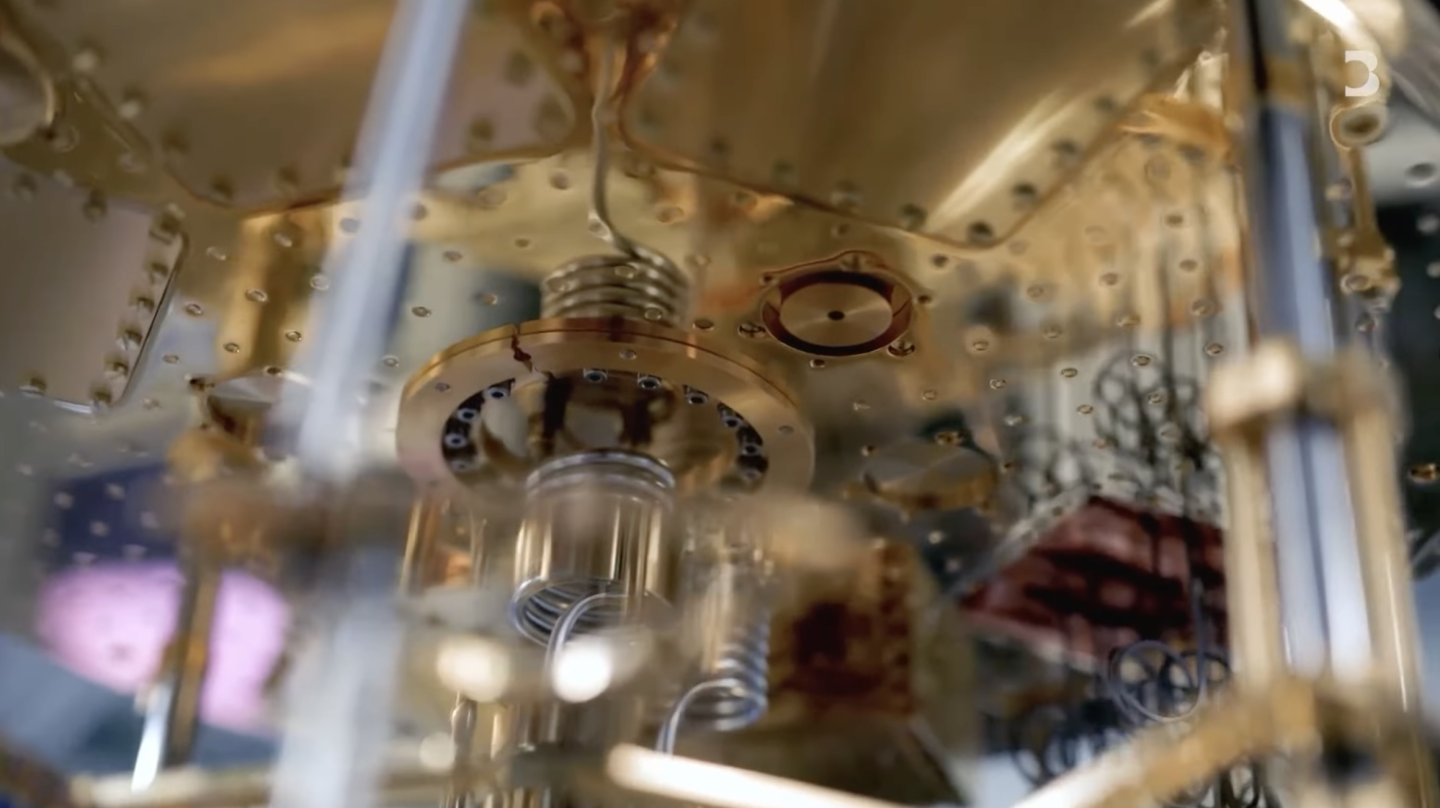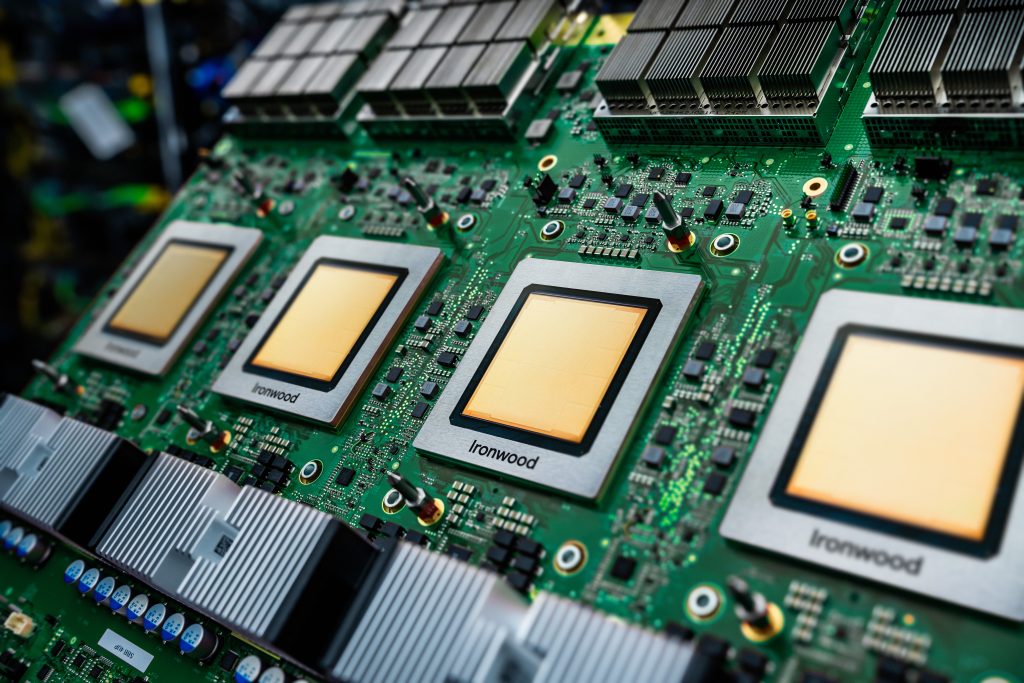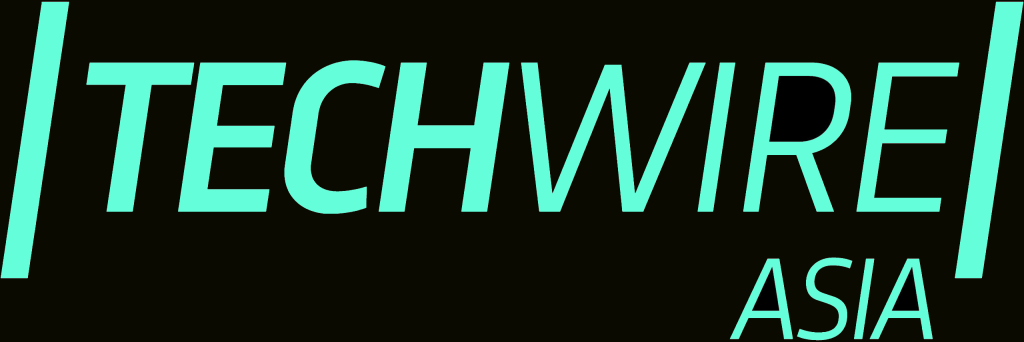- USTC’s Zuchongzhi-3 processes calculations 10¹⁵ times faster than top supercomputers.
- Research reflects advances in qubit coherence and error correction.
A research team at the University of Science and Technology of China (USTC) has introduced Zuchongzhi-3, a 105-qubit superconducting quantum computer capable of performing calculations at speeds 10¹⁵ times faster than the most powerful supercomputer and one million times faster than Google’s latest quantum results.
Zuchongzhi-3 represents a significant step forward in quantum computing. The research team announcing the breakthrough was led by Jianwei Pan, with Xiaobo Zhu, Chengzhi Peng, and others, publishing their findings in Physical Review Letters.
Quantum supremacy refers to the point where a quantum computer can calculate faster than even the most powerful classical computers. In 2019, Google’s 53-qubit Sycamore processor completed a specific sampling action in 200 seconds, which is anticipated to take 10,000 years on a classical supercomputer, for example.
However, in 2023, USTC researchers revealed that an improved classical algorithm could solve the same task in 14 seconds using over 1,400 A100 GPUs. Using the Frontier supercomputer’s enhanced memory, the task can now be completed in 1.6 seconds, putting Google’s past claim of quantum supremacy into question.
Technical specifications and performance
Zuchongzhi-3, which builds on the 66-qubit Zuchongzhi-2, outperforms previous models in key areas. The system has a coherence time of 72 microseconds, with single-qubit gate fidelity at 99.90%, two-qubit gate fidelity at 99.62%, and readout fidelity at 99.13%. The improvements allow for more accurate and complex quantum operations.
The research team performed an 83-qubit, 32-layer random circuit sampling task at processing speeds 15 orders of magnitude faster than the most powerful classical supercomputer. Zuchongzhi-3 also outperformed Google’s latest quantum computing results by six orders of magnitude, setting a new benchmark for superconducting quantum systems.
What is quantum supremacy?
Quantum supremacy has broad implications across industries.
- In cryptography, quantum computing could run Shor’s algorithm, which threatens current encryption methods by efficiently factoring large numbers.
- In drug development, quantum simulations could accelerate the discovery of new treatments by modelling molecular interactions with high precision.
- Quantum-powered weather forecasting could improve the climate model accuracy, and quicker market analysis and algorithmic trading could improve stock trading efficiency.
- Quantum computers could help material scientists identify new materials with unique properties by performing precise atomic-level modelling.
Challenges and progress
Despite the promise of quantum computing, there are significant challenges to achieving consistent quantum supremacy. Qubit stability and error rates remain key concerns. Quantum operations are particularly sensitive to external noise, which raises the likelihood of computation errors.
The number of functional qubits is another limiting factor. Building scalable quantum systems requires increasing the number of qubits while keeping error rates low. Current developments in error correction, like surface code integration, try to address these concerns.
USTC researchers are working on improving error correction by starting with a distance-7 surface code and planning to extend this to distances 9 and 11 to improve fault tolerance and system stability.
Global race in quantum computing
Investment in quantum computing has grown rapidly, with major players like Google, Microsoft, and IBM driving research and development. Google remains focused on fault-tolerant quantum computing, while Microsoft is looking at topological qubits for scalable quantum systems.
IBM has made progress in superconducting quantum processors, whereas Alibaba has focused on quantum cryptography and simulation. China and the United States continue to lead the way in quantum research, with government and private sector funding driving advances in hardware, algorithms, and applications.
Collaborative effort
The research involved multiple institutions, including the Shanghai Research Centre for Quantum Sciences, Henan Key Laboratory of Quantum Information and Cryptography, China National Institute of Metrology, Jinan Institute of Quantum Technology, the School of Microelectronics at Xidian University, and the Institute of Theoretical Physics under the Chinese Academy of Sciences.
The next step for USTC researchers will be to scale the system while improving accuracy and reducing error rates – important steps toward achieving reliable quantum supremacy.
Want to learn more about AI and big data from industry leaders? Check out AI & Big Data Expo taking place in Amsterdam, California, and London. The comprehensive event is co-located with other leading events including Intelligent Automation Conference, BlockX, Digital Transformation Week, and Cyber Security & Cloud Expo.
Explore other upcoming enterprise technology events and webinars powered by TechForge here.








